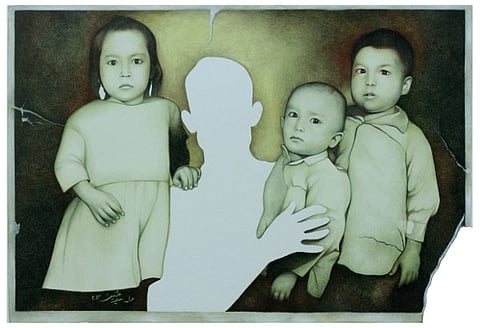(This article is an adaptation of a talk given by the writer on 'Social Resistance and the Militarized State: The Radical Love of Sabeen Mahmud', organised by the Department of Media, Culture and Communication at New York University on 23 October 2015.)
It's a powerful coincidence that today is the ninth day of Muharram, a time of mourning and remembering in the Islamic tradition, a time for the transcendental contemplation of injustice. I want to begin by discussing a core injustice in contemporary Pakistan: enforced disappearances and extra-judicial killings. These have a prominent history in many countries around the world, including the US. In Pakistan, the disappearances have an imperial, regional and sectarian dimension. But that's not what I wish to talk about today. I wish to talk about how these disappearances cannot be talked about in today's Pakistan.
In November 2007, barely two weeks after General Pervez Musharraf imposed his emergency, a few of us gathered at Sabeen Mahmud's non-profit cafe in Karachi, The Second Floor (T2F), to watch Missing in Pakistan, an incredible documentary that captured the rise of disappearances under the 'Mush-and-Bush' war on terror. The Inter-Services Intelligence (ISI)-led abductions were taking place all over Pakistan – but especially in the province of Balochistan – and formed the key point of tension between the Supreme Court and Musharraf's regime, eventually leading to the imposition of emergency. Indeed, there had been a media blackout on this "missing people" issue, this even before the imposition of emergency when the media itself was blacked out.

